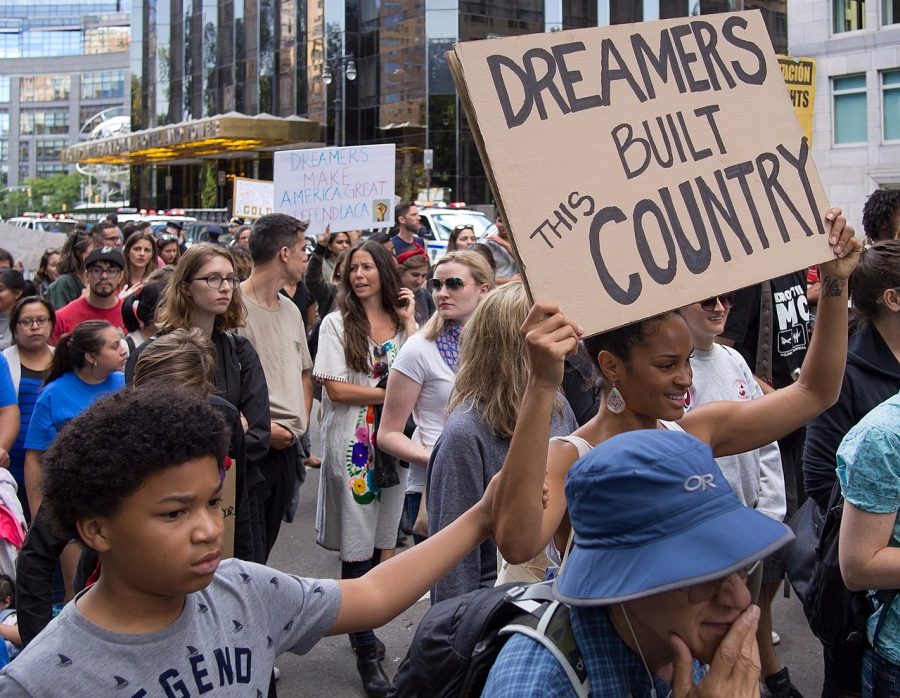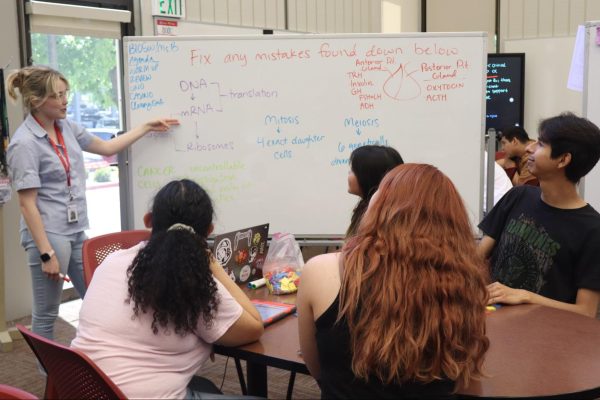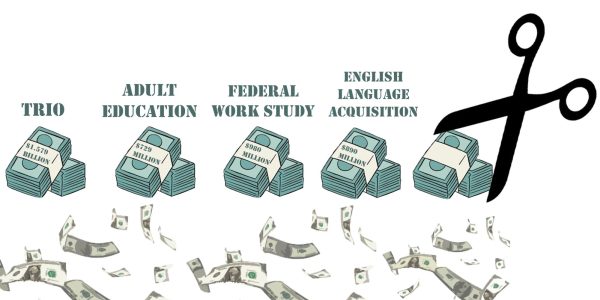DACA Recipients Wane Under Trump Administration
“Each year we are seeing fewer and fewer students with [Deferred Action for Childhood Arrivals] DACA,” said Ben Reynos, director of the Dream Center at Fresno City College.
The DACA program was enacted in 2012 during the Obama administration and mainly impacted students who lived in the U.S. undocumented. It allowed some individuals who were brought to the United States as children to apply and receive a renewable two-year period of deferred action from deportation and work permit eligibility.
On March 5, 2018, the Trump administration announced they would end DACA after Trump repeatedly pledged to rescind it during his campaign. The move came after some states threatened to sue the Trump administration unless it took steps to end the program.
To qualify for DACA applicants must meet the following major requirements: They must have unlawful presence in the U.S after entering the country before their 16th birthday, have lived continuously in the U.S. since June 15, 2007, and have to be enrolled in school or have completed high school with a GED. They can not have been convicted of a felony or serious misdemeanor or pose a threat to national security or public safety.
He said that the Dream Center helps Dreamers who are seeking advice, need help choosing classes, finding work, and other communal things. They also do interpersonal counseling to help out students who struggle to cope and are in distress. Undocumented students struggle with discrimination, stigmatization, isolation, fear of deportation, exploitability, victimization, living in unsafe neighborhoods and socioeconomic disadvantage, he said.
Reynoso says that in the last year they have had over 1,200 visits, 400 of which were undocumented students. While some undocumented youth were brought to the United Stated by their parents illegally, they have been in the country long enough to call it home, explained Reynoso.
Unlike the Dream Act, which was a 2001 legislative proposal to grant residency status to qualifying immigrants who entered the U.S. as minors, DACA does not provide a path to citizenship for its recipients.
The process to become a DACA recipient is long and confusing. That is why the Dream Center brings in legal experts and provide different services to students who need them, Reynoso said.
He said that in the early days of DACA, potential applicants were likely to be approved. Now, it is nearly impossible under the Trump administration for new applicants to apply and receive DACA status. Former applicants are still eligible to renew their DACA if they register in time.
The Dream Center has students coming to acquire information about the DACA program. Under the current administration, freshmen haven’t had the chance to apply for DACA.
“The majority of our students know our country as their country and it is unfair for them,” said Reynoso.
Reynoso said that dreamers have lived and grown up in the United States. They have contributed to the nation and they just want to give back in return to the country that saw them grow up, he said.
Our Reporting on DACA Recipients and Dreamers Continues in Our Oct. 22 Feature Issue: Growing Up Undocumented






